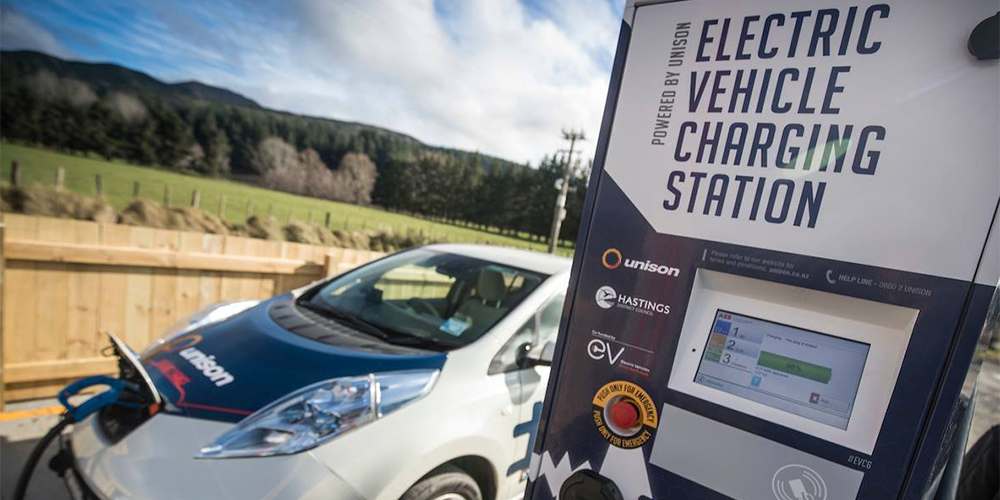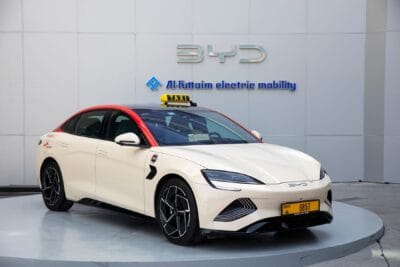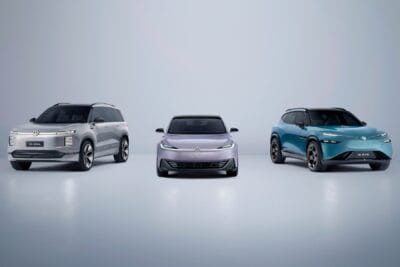New Zealand plans BEV subsidies & CO2 tariffs
New Zealand’s government wants to make imported electric and hybrid vehicles cheaper by up to 8,000 NZ dollars from 2021 onwards through discounts. But a classic sales premium will not be the end of the story: Import cars with high CO2 emissions are to become significantly more expensive.
In the draft law, a sum of 3,000 New Zealand dollars (around 1,770 euros) is mentioned by which imported vehicles with high CO2 emissions are to become more expensive. The full 8,000 dollars (4,730 euros) would only be available for purely electric new cars, for plug-in hybrids and hybrids discounts of 6,800 and 4,800 New Zealand dollars respectively are planned – the equivalent of 4,013 or 2,833 euros.
The government has initially launched a six-week consultation phase and intends to bring the bill to parliament between September and November. “Most Kiwis would like to buy a car that is good for the environment, but tell us that the cost and limited choice make it a challenge,” said Transportation Minister Julie Anne Genter in a New Zealand Herald report.
A Hyundai Ioniq electric in New Zealand costs around $60,000, the equivalent of 35,400 euros. With the subsidy, it would cost 52,000 dollars (30,690 euros). According to the Herald, a Range Rover Sport with a V8 engine would cost a full additional $3,000, and a Toyota Hiace, a popular minibus in New Zealand, would cost about $1,400 more.
According to the ministry, the surcharges for the CO2 spin-downs would make the measure cost-neutral – the promotion of clean engines would thus be financed by the CO2 tax. “This means people will still have choice, while contributing to the task of cleaning up the vehicles coming into New Zealand,” Genter said. The levy is also to be really limited to cars with high CO2 emissions: 74 per cent of annual sales in New Zealand will not be affected.
According to local media, more than 3.2 million cars with combustion engines are registered in New Zealand, but only 15,000 electric cars. The head of New Zealand’s Motor Industry Association, David Crawford, does not share all the government’s views, but supports the clean transport measure: “Our view is that the best policies to achieve a reduction in emissions are those that influence purchasing decisions. Changes in models supplied to New Zealand will follow if the demand is altered.”





0 Comments